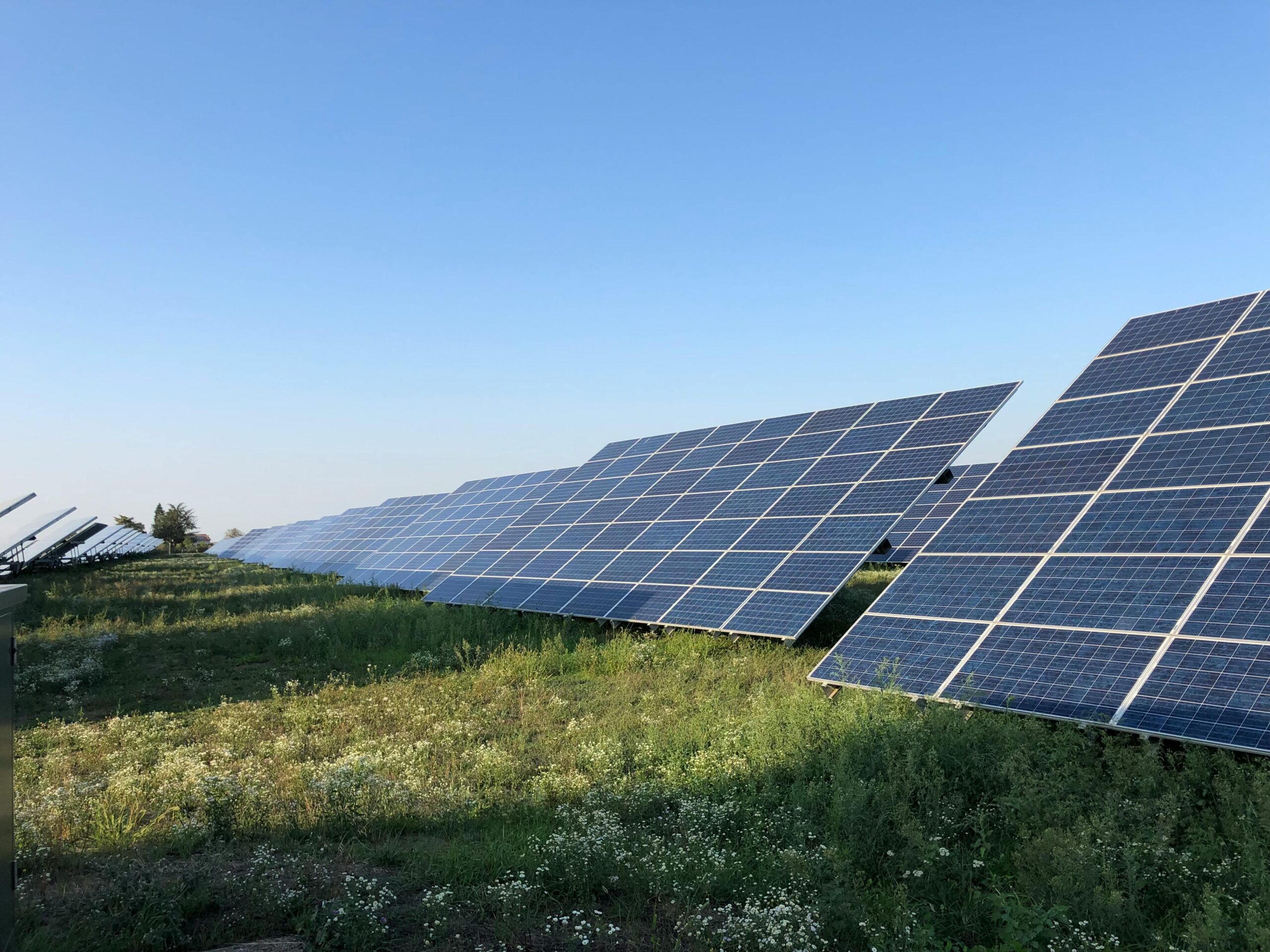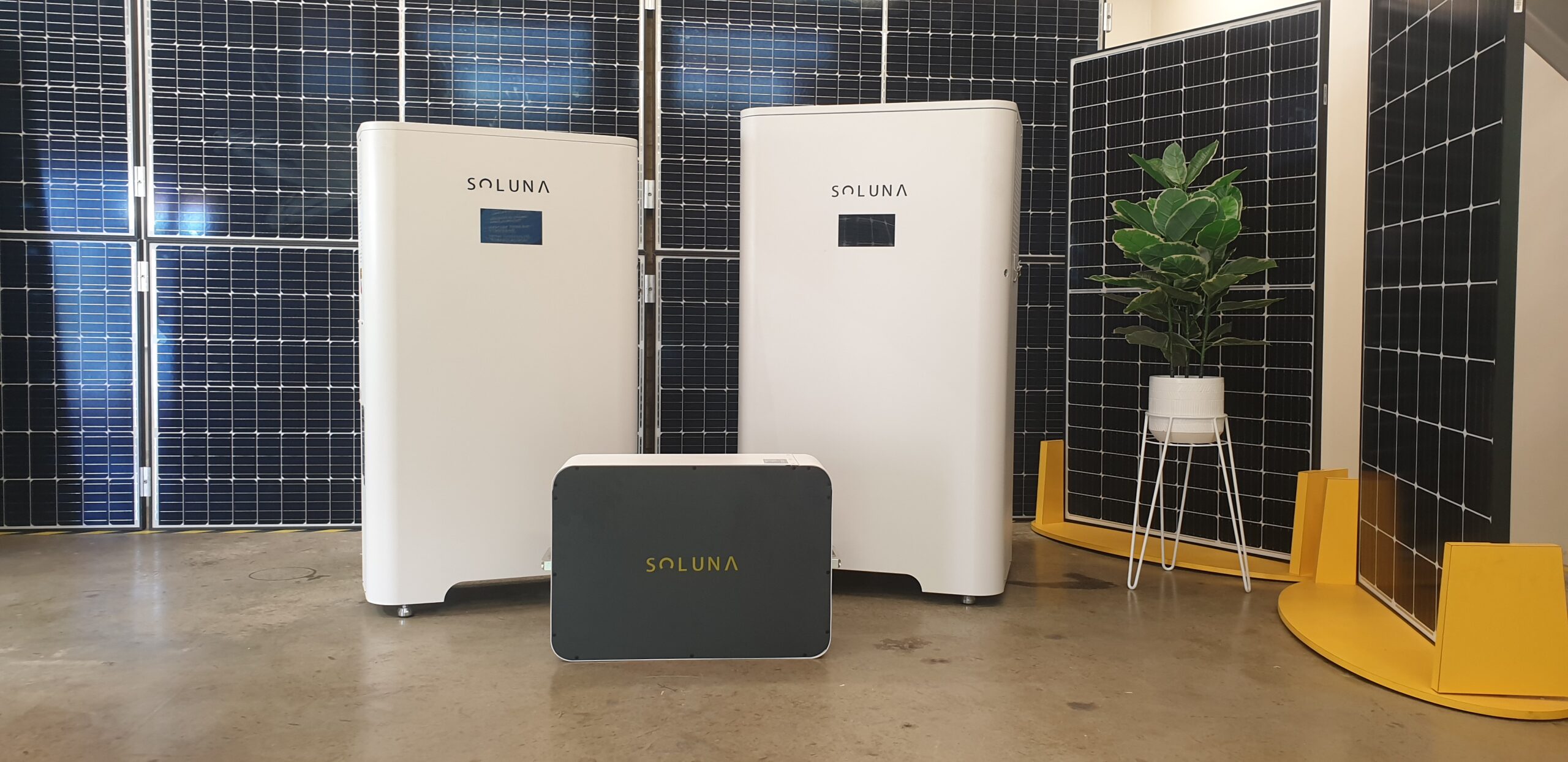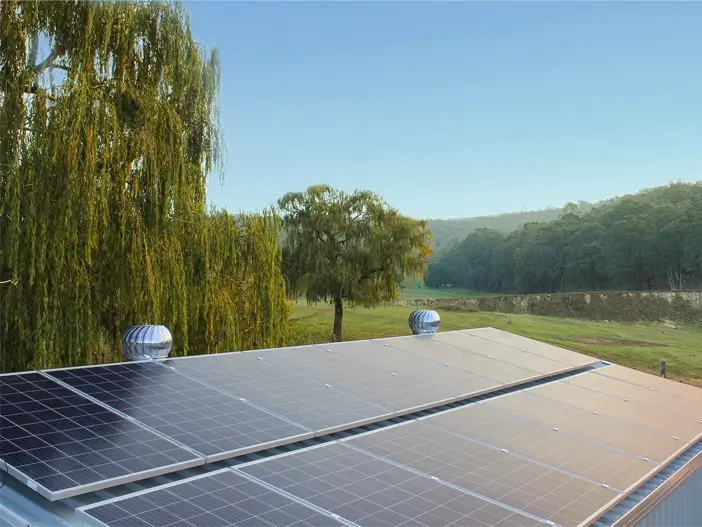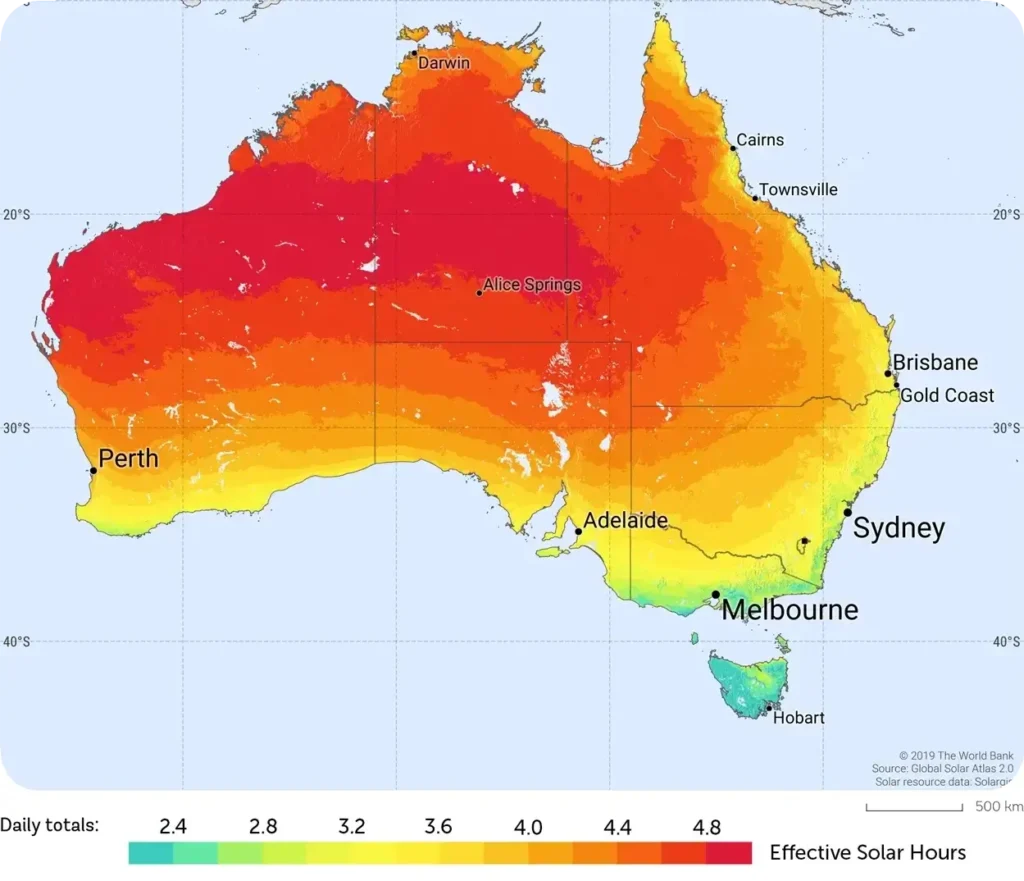The integration of ‘off-grid energy’ solutions, traditionally associated with remote communities, into urban environments represents a transformative shift in our approach to sustainable energy. As urbanisation intensifies, the demand for resilient and sustainable power solutions becomes paramount. This article delves into the increasing relevance of off-grid energy, particularly solar, in urban settings.
The Urban Relevance of Off-Grid Energy
Historically, urban centres have been synonymous with robust infrastructure, making the idea of off-grid energy in such settings seem counterintuitive. However, as urban populations swell and the challenges of climate change become more pronounced, the decentralisation of power generation becomes not just viable, but essential. Solar energy, given its scalability and decreasing installation costs, stands at the forefront of this transition.
Strengthening Energy Security and Resilience
A salient advantage of integrating off-grid energy solutions in urban contexts is the enhancement of energy security. With the increasing unpredictability of weather events due to climate change, traditional power infrastructures are often at risk.
Incorporating off-grid energy solutions, such as solar, into urban planning and architecture ensures a more resilient power source. This decentralised approach ensures that disruptions in one part of the city’s power supply do not necessarily compromise the entire grid. In essence, off-grid energy acts as a safeguard, ensuring continuity of power supply even in adverse conditions.
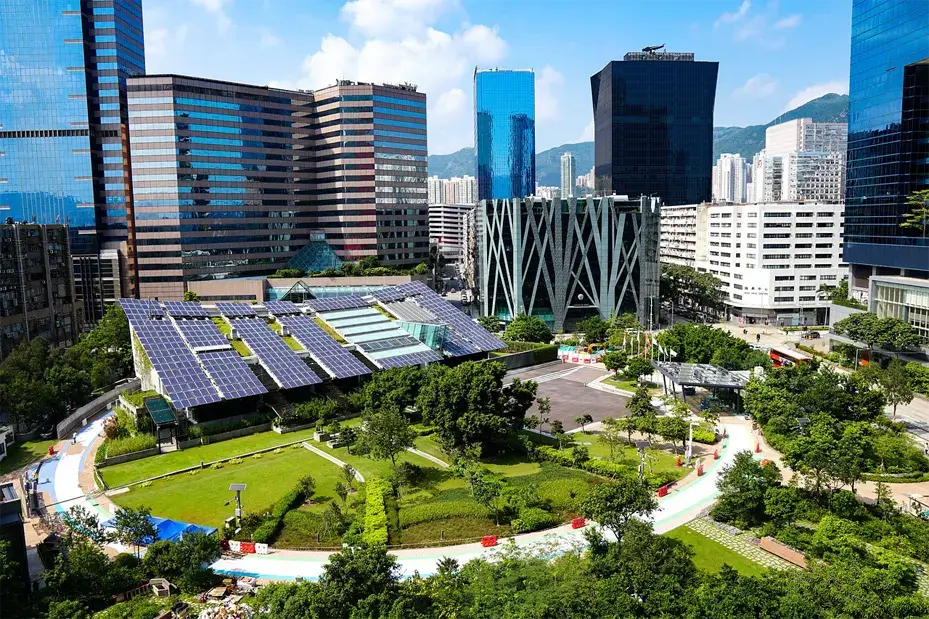
Innovative Urban Projects: A Confluence of Off-Grid Energy and Smart Technology
Across Australia, urban projects are emerging that ingeniously meld off-grid energy, smart technologies, and principles of sustainable urban development. These initiatives are not solely about power generation; they represent a holistic approach to creating intelligent, sustainable urban ecosystems.
For instance, a development in Melbourne’s inner suburbs has integrated solar energy with cutting-edge smart home technologies. This allows residents to monitor, manage, and optimise their energy consumption with unprecedented precision. Such integration not only fosters energy efficiency but also engenders a proactive engagement with energy consumption patterns.
Similarly, a landmark project in Sydney’s central business district has amalgamated off-grid energy solutions with innovative architectural designs. Here, solar panels are not mere appendages but integral to the building’s design, serving dual purposes of power generation and architectural aesthetics.
Charting a Sustainable Urban Future with Off-Grid Energy
While the association of off-grid energy solutions, especially solar, with remote communities is longstanding, it is evident that their applicability is far more expansive. As urban challenges evolve, off-grid energy, with its promise of sustainability and resilience, will undoubtedly play a crucial role in shaping the urban landscapes of the future.
In conclusion, the proliferation of solar panels in our urban skylines is not merely a testament to sustainable aspirations but an indicator of a strategic shift towards a more resilient, off-grid urban future.






